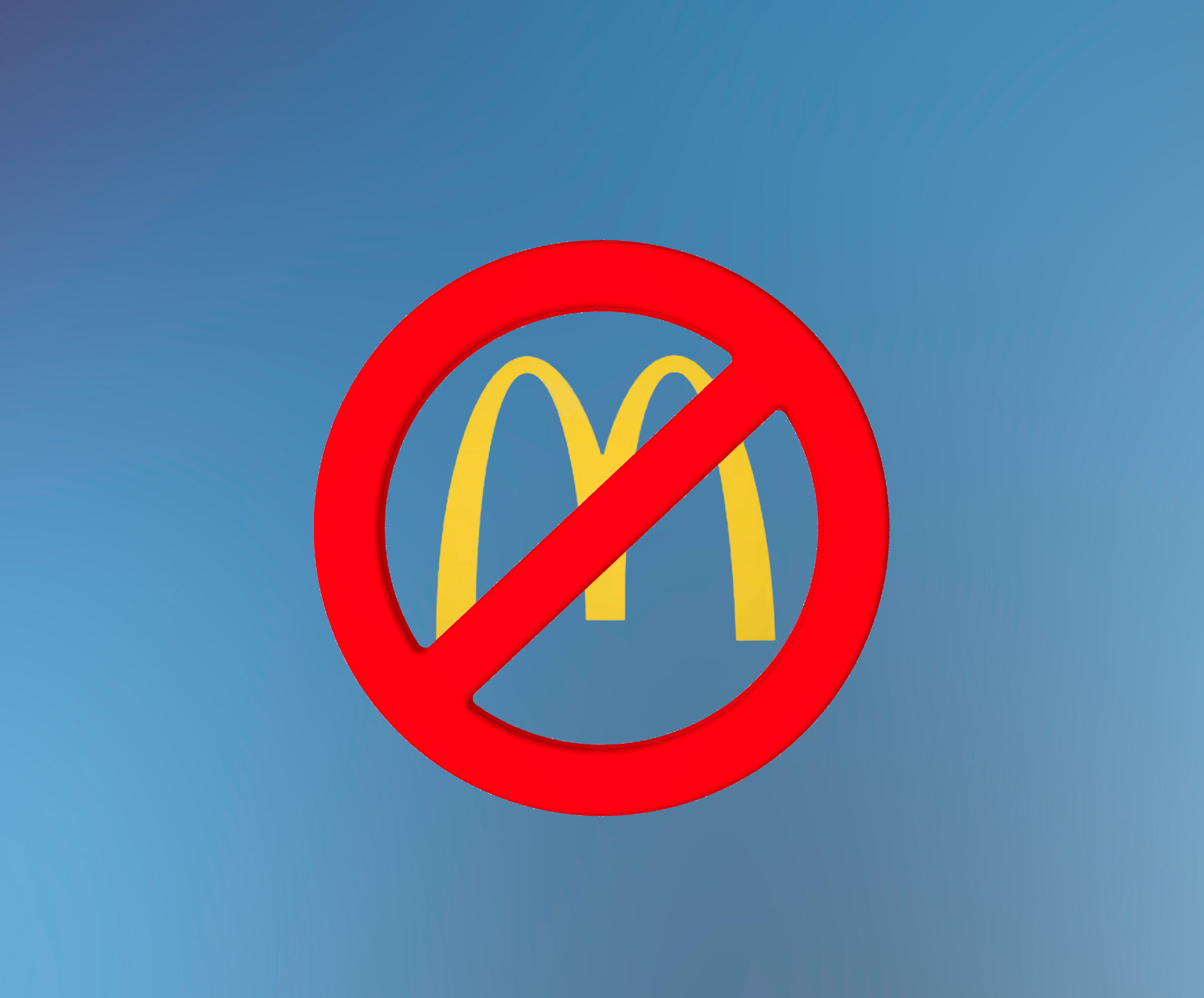
In a recent controversy, McDonald’s claimed it doesn’t endorse political candidates after hosting former President Donald Trump for a political event. While the fast-food giant may insist on its neutrality, the decision to allow a highly polarizing figure like Trump to use its space for a political spectacle cannot be overlooked as a mere business decision. In reality, actions speak louder than corporate statements, and McDonald’s behavior in this instance reveals an implicit endorsement of Trump and his platform.
The Illusion of Non-Endorsement
Corporations often try to toe the line of neutrality when it comes to politics, but neutrality in practice is impossible in situations like this. By allowing Trump to use one of its locations for a political appearance, McDonald’s created an opportunity for Trump to benefit from the association with their brand. The space, the visibility, and the public perception all matter when it comes to politics, and giving a stage to a candidate is far from an innocent gesture.
McDonald’s claims to be nonpartisan, yet what message does it send when they shut down a location for a political event? The implicit endorsement in hosting a candidate, particularly one as controversial as Donald Trump, suggests that McDonald’s is willing to prioritize short-term political spectacle over its customer base, many of whom have strong opinions about Trump’s actions and policies. While they may not hand him an official endorsement, their actions seem to grant him legitimacy.
Double Standards: Trump and the McDonald’s Workforce
An irony at the heart of this issue is the glaring contradiction between Trump’s policies and McDonald’s own hiring practices. Many point out that Trump likely wouldn’t pass a background check to work at McDonald’s due to his numerous ethical, legal, and financial controversies. Yet, this same corporation saw no issue in giving him a platform, even though he might not meet the standards of their rank-and-file employees. What message does this send to the workers? Or to customers?
It raises a bigger question about McDonald’s values and its relationship to the broader society. This situation reflects a double standard in which political and economic power seems to afford more leeway than the average worker could ever hope for. Why should a man with such a controversial past be given more privilege than the person flipping burgers who’s held to a higher ethical standard in hiring?
Consumer Backlash: Boycotting the Brand
The decision to host Trump has already sparked a backlash among customers who see this as McDonald’s abandoning any pretense of impartiality. Calls for boycotts have spread, particularly among those who feel that Trump’s platform runs counter to their own values, including those who support worker’s rights, social justice, and ethical business practices. For a company that thrives on public goodwill and an inclusive image, this backlash could be significant. Many Americans view Trump as a divisive figure, particularly when considering his track record of xenophobic, racist, and unethical behavior. McDonald’s, by enabling his political rally, appears to be turning a blind eye to those concerns. This isn’t just a business decision—it’s a statement of where their priorities lie, and for many, it suggests those priorities do not align with the values of equity, inclusion, and fairness.
The Secular Humanist Perspective: Why This Matters
From a secular humanist viewpoint, the issue isn’t just about McDonald’s aligning itself with Trump; it’s about the broader implications of corporate behavior in politics. Secular humanism champions rationality, ethical considerations, and social justice. Allowing a political candidate who promotes division and undermines human rights to use your platform raises questions about a company’s ethical responsibility to the community.
Corporations, especially ones as large and influential as McDonald’s, have a significant impact on the public discourse. Whether they like it or not, giving any candidate a platform, particularly someone as controversial as Trump, is a form of endorsement. Actions matter as much as words, and McDonald’s has made a clear choice by permitting this event to take place on their grounds.
As secular humanists, it’s vital to critically evaluate not just the political figures themselves but also the structures that enable their platforms. McDonald’s claims of neutrality ring hollow when their actions suggest otherwise. By giving Trump a stage, they’re implicitly aligning with his vision for the country—whether they admit it or not.
McDonald’s may insist they don’t endorse political candidates, but allowing Donald Trump to hold a political event at their establishment speaks louder than any statement of neutrality. Actions, in this case, are a tacit endorsement, no matter what the official line may be. For secular humanists and ethically-minded individuals, this raises significant questions about corporate influence in politics and the role that businesses should—or shouldn’t—play in shaping the public discourse. By aligning itself with Trump, McDonald’s has made a decision that alienates many of its customers, tarnishing its reputation in the process. Boycotts and backlash will likely continue as more people recognize that giving a political figure a platform is, in fact, an endorsement of their values, policies, and, ultimately, their vision for the country.


